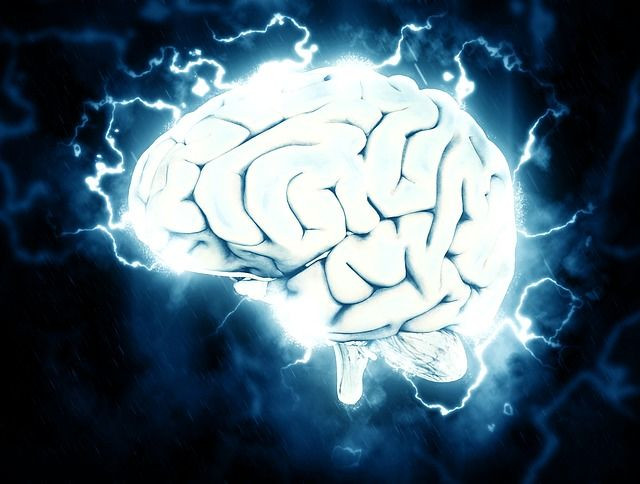Glioblastoma Treatment Breakthrough: 'Untreatable' Brain Cancer Tumor Stabilized With Malaria Drug

Glioblastoma, an aggressive type of brain tumor, is traditionally hard to treat because of how it uses a process known as autophagy to block efforts to destroy it. However, in a landmark case, doctors were able to use an autophagy-inhibiting drug, originally developed for malaria treatment, to stabilize a glioblastoma in a 26-year-old patient. The drug extended and improved the patient's life when all other treatment options failed.
The drug is known as chloroquine, and although traditionally an off-label malaria drug, its recent success in stabilizing brain tumors suggests it may have a future in oncology. The patient, Lisa Rosendahl, was given only 12 months to live after her brain tumor proved unresponsive to all known treatments. According to a recent statement released on the case study, it was at this point that Rosendahl and her family, along with the guidance of her doctor, decided to try out a drug that might work, but had never before been used for this purpose.
Read: Deadly Brain Cancer Glioblastoma Multiforme Could Soon Be Treatable
The theory behind chloroquine's success against brain tumors lies in a process known as autophagy. In simplest terms, autophagy refers to a cell’s ability to consume itself in order to create more energy. Although very common in the natural world, autophagy is notably used by many brain cancers to help them avoid treatment. The doctors knew that chloroquine was able to prevent cell autophagy. Their hope was that, without its greatest defense, the tumor would be more vulnerable to traditional treatments used to destroy it. Luckily for Rosendahl, this hunch proved right.
Rosendahl's brain cancer has stabilized and she has regained a quality of life lost long ago due to her disease.
"It makes me feel really lucky to be a pioneer in this treatment," said Rosendahl in a recent statement. "... I hope it helps people down the road. I want it to help."
Two other brain cancer patients were treated with the same malaria drug, and all had similar results.
"We have treated three patients with the combination and all three have had a clinical benefit. It's really exciting - sometimes you don't see that kind of response with an experimental treatment," paper first author Jean Mulcahy-Levy explained in a statement.
According to the American Brain Tumor Association, glioblastomas are tumors that arise from astrocytes, which are the star-shaped cells that make up the supportive tissue of the brain. These tumors are traditionally difficult to treat because they are made up of a number of different types of cells, not all of which are responsive to the same treatments. The researchers hope their latest research into the implication of malaria medication in the treatment of certain glioblastomas can help broaden the scope of available treatments for patients.
Source: Mulcahy Levy JM, Zahedi S, Griesinger AM, et al.Autophagy inhibition overcomes multiple mechanisms of resistance to BRAF inhibition in brain tumors. eLife. 2017
See Also:
Pregnant Mother With Glioblastoma Delays Brain Tumor Treatment To Protect Unborn Son



























